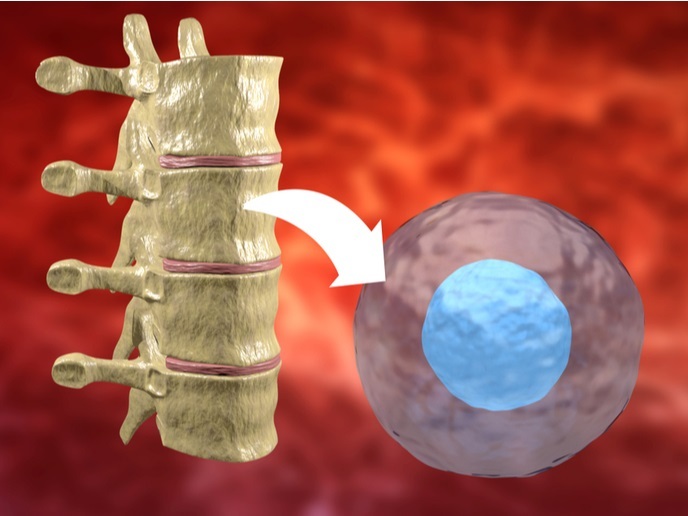The biology of early embryonic lineages
The complex processes of cell differentiation, proliferation, migration and programmed cell death are involved in establishment of early embryonic cell lineages. Increasing attention is being drawn to pre-implantation studies, where mouse embryos can develop ex vivo in defined culture conditions. During this time, it is possible to study the signalling pathways by supplementing the culture medium with pharmacological compounds. Genetically modified mice and cell culture models now permit both in vivo and in vitro studies. Supported by EU funding, the project 'Formation, maintenance and differentiation of the extraembryonic endoderm lineage' (EXEL) focused on the primitive endoderm (PrE) embryonic cell lineage. PrE together with another cell lineage, the epiblast (Epi), derive from a common progenitor. While Epi is pluripotent and develops into the embryo, PrE gives rise to the extraembryonic yolk sac. Studies of PrE were previously neglected because of its extraembryonic origin. As a result of the project, the signalling pathways involved in PrE versus Epi formation were separated. Distinct roles of several receptor tyrosine kinases were defined. Fibroblast growth factor receptor was involved in the specification of the PrE, while the platelet derived growth factor receptor was necessary for the survival of PrE cells. The scientists also identified new signalling pathways involved in the differentiation of the PrE using an in vitro stem cell model of PrE. Wnt signalling was found to be an important player in the regulation of stem cell homeostasis. Overall, EXEL provided a better understanding of developmental and stem cell biology of the first embryonic lineages. The obtained knowledge will contribute to new possibilities in regenerative medicine.







